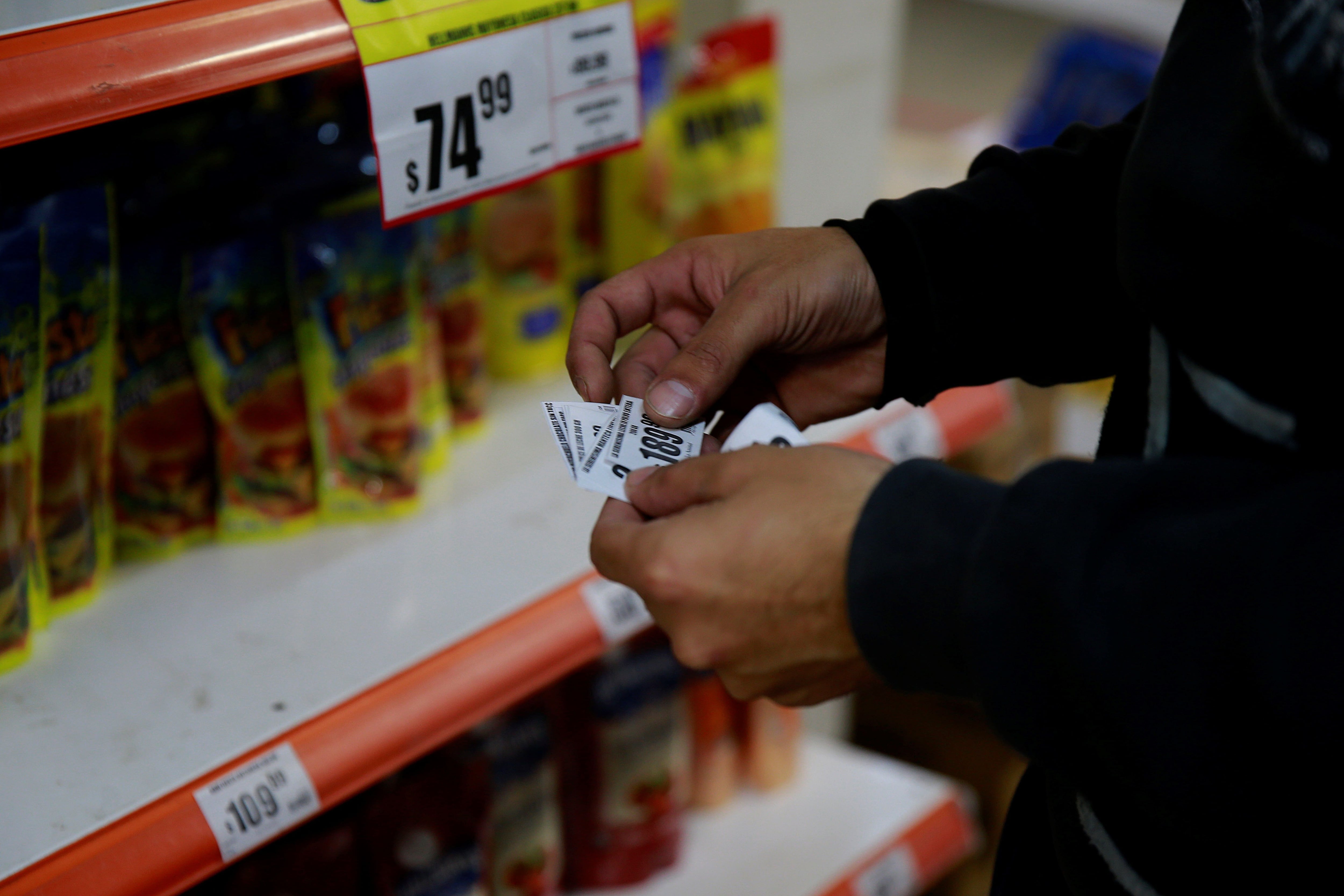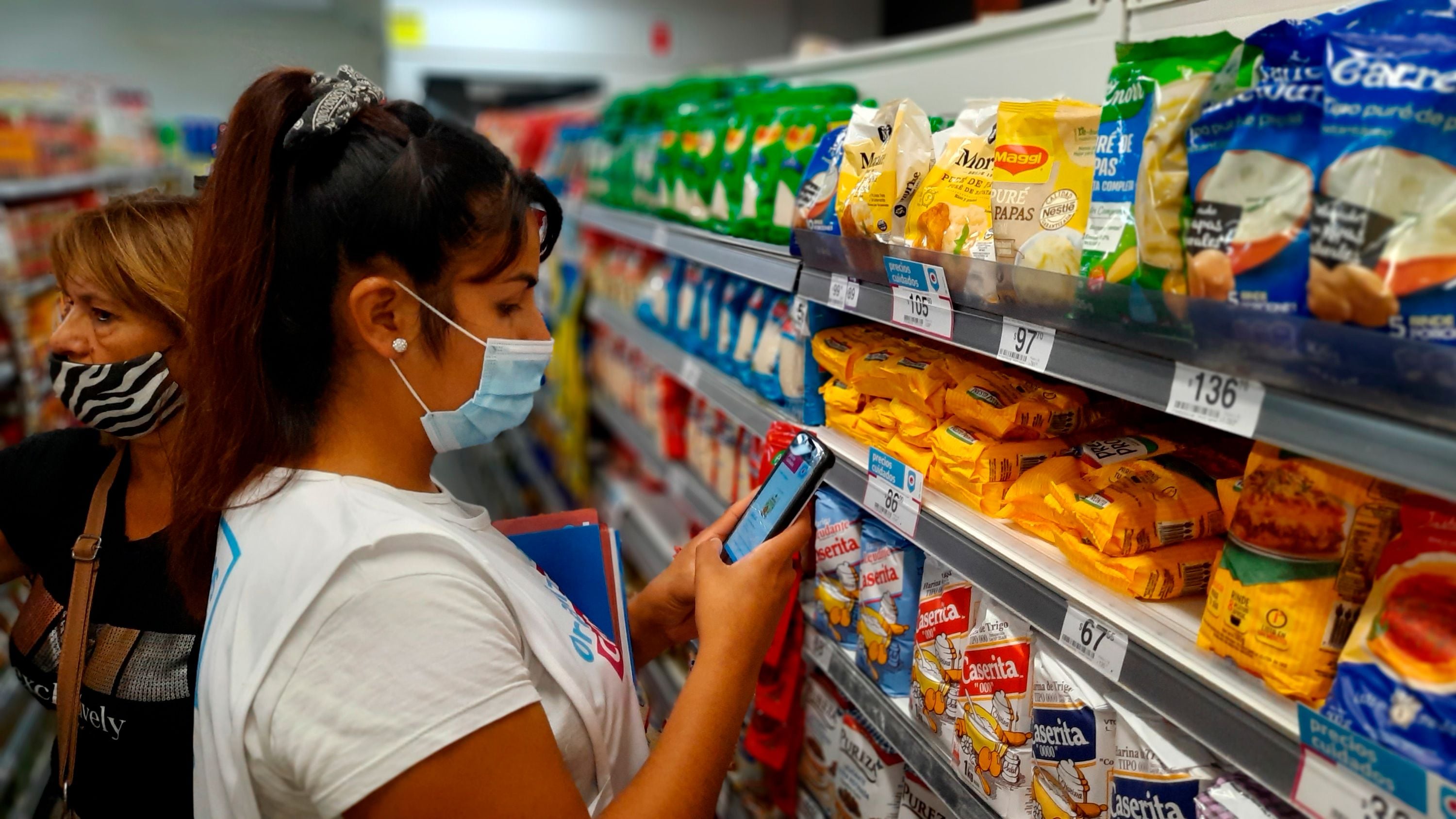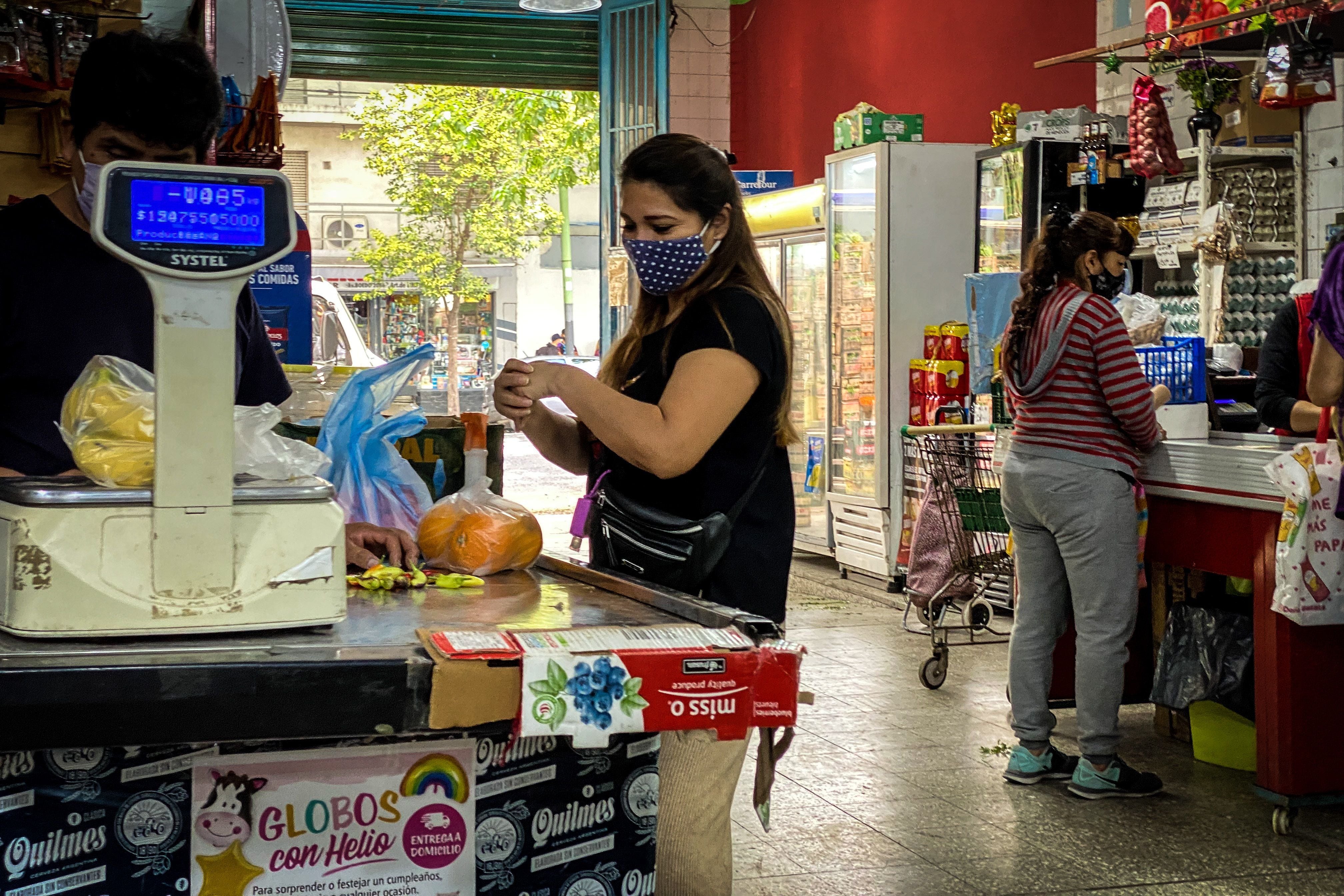
On Tuesday, the Secretary of Internal Trade Roberto Feletti is carrying out a long agenda of “one-to-one” meetings with the managers of the main supermarket chains and companies in the mass consumer sector. In the meetings, justifications are asked for “exaggerated” increases that occurred in recent days.
The idea of the Ministry of Commerce is that products that have had increases “by expectations” or that cannot be justified should roll back their prices to the first days of March. The announcements would be made on Wednesday, after the extensive round of meetings ended.
Once the Government has a clearer picture of what increases are the responsibility of industry and intermediaries, it will be asked that these prices be rolled back to 8 or 10 March.
On Monday, Minister of Productive Development Matías Kulfas and Secretary of Commerce Roberto Feletti had held sectoral meetings with supermarkets and large companies to alert about the increases and the government's decision to reverse.

What is the dynamics of the meetings like? The Ministry of Commerce, which automatically receives all daily prices from supermarkets through the Argentine Electronic Price Advertising System (SEPA), shows companies the cases of products that had striking price deviations during March and asks for justifications.
In the case of supermarkets, many say that despite receiving the new price lists with increases from their suppliers, they are not validating them. And that there are some missing ones in categories such as oils, flours and milks. Therefore, the posters on the shelves where a maximum consumption per person is requested. “We are not taking lists of suppliers that come with much increase,” a source told Infobae.
Sources assured that at the meetings this Tuesday the climate was quite “collaborative”, where an attempt was made to find explanations for the distortions in prices. One issue was the widening gap between the prices of large chains — which are within the Care Prices program — and local shops or Chinese supermarkets.
In the sector, they ensure that suppliers can apply greater increases in smaller businesses and that is where they take advantage of it to rebuild their margins faster. In some mass consumer products, the gap reaches up to 45% between the two channels. That is why they also warn of supply problems in large chains.

It has been several months since the intention of the Secretariat has been to have a Careful Pricing program for local premises, but its implementation has many difficulties. The main one is the difficulty of carrying out checks in a wide universe of small businesses. Some companies in the food sector have already been consulted. While from the chamber that groups the supermarkets of Asian origin they pointed out that they have not yet been summoned.
Renewal of Care Prices
In parallel with these meetings, the Secretariat is also making progress in defining how the Care Pricing program will continue in the coming months. According to the original agreement, the program envisages a quarterly increase in prices of 6%, which is spread by 2% per month.
The next renovation should be done in April, which is why several companies are already negotiating increases for next month. While the government wants to maintain the 2% monthly rate, companies are asking to be allowed to reach 3%.
Some companies have already been called to meetings while others asked for meetings with the Secretary of Commerce but have not yet received a response.

However, the consultancies already estimate that the inflation rate for this month of March could reach 5.7%. If that percentage is reached, it would be the highest monthly index since September 2019, after the PASO when it reached 5.9%. Analysts also project that during the first half of the year, monthly rates will remain high and that annual inflation already has a 60% floor.
The consultancy firm EcoGo said that according to their surveys, last week they recorded a 4% weekly increase in food prices. This leads them to calculate inflation at 5.7% per month for the month of March.
In LCG consultancy they recorded a weekly increase of 2.4% in food during the past week and, therefore, expect a monthly inflation rate for March of around 5%. Before making this leap, in the previous weeks, the food sector had been showing weekly increases of 1.5%.
For the consultancy firm Analytica, the projection is 5.5% for March. Inflation in February 2022 was 4.7% and registered a year-on-year of 52.3%, but according to the monthly report by Indec, food increased significantly with a 7.5% variation.
KEEP READING:
Últimas Noticias
Debanhi Escobar: they secured the motel where she was found lifeless in a cistern
Members of the Specialized Prosecutor's Office in Nuevo León secured the Nueva Castilla Motel as part of the investigations into the case

The oldest person in the world died at the age of 119
Kane Tanaka lived in Japan. She was born six months earlier than George Orwell, the same year that the Wright brothers first flew, and Marie Curie became the first woman to win a Nobel Prize

Macabre find in CDMX: they left a body bagged and tied in a taxi
The body was left in the back seats of the car. It was covered with black bags and tied with industrial tape
The eagles of America will face Manchester City in a duel of legends. Here are the details
The top Mexican football champion will play a match with Pep Guardiola's squad in the Lone Star Cup

Why is it good to bring dogs out to know the world when they are puppies
A so-called protection against the spread of diseases threatens the integral development of dogs




